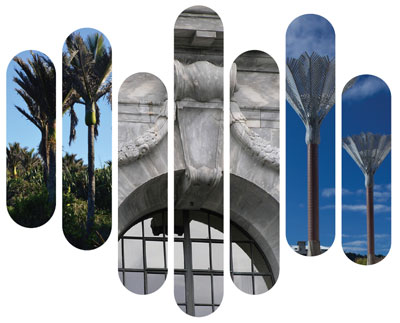Report from Parliamentary Commissioner for the Environment reinforces need for effective public accountability
 I welcome the Parliamentary Commissioner for the Environment’s new report, Environmental reporting, research and investment – Do we know if we’re making a difference? In drawing together lessons from three previous reports, this report reinforces the need for effective public accountability as a means to support better environmental outcomes for all New Zealanders.
I welcome the Parliamentary Commissioner for the Environment’s new report, Environmental reporting, research and investment – Do we know if we’re making a difference? In drawing together lessons from three previous reports, this report reinforces the need for effective public accountability as a means to support better environmental outcomes for all New Zealanders.
A critical challenge to New Zealand’s system of representative democracy is maintaining the public sector’s connection with an increasingly diverse society. More and more, in my Office’s work, we see that connection tested.
I am concerned that it is often not clear to the public or Parliament what outcomes are being sought by governments, how that translates into spending, and ultimately what is being achieved with the public money the Government spends – about $150 billion last year.
In my report on the 2020/21 central government audits, I noted that it can be difficult (even with new initiatives) to track how and where new government spending is directed. Reporting is often fragmented and spread between different organisations. It is left to Parliament and the public to piece together both what has been spent and what has been achieved. In many cases, this is not possible from information reported publicly. My Office’s work on the Provincial Growth Fund and Covid-19 spending has also highlighted this. The Commissioner’s work highlights additional examples.
The Commissioner’s report looks at the barriers to informed debates about environmental priorities, governments’ plans for achieving them, the spending decisions made, and their consequences.
The report’s messages are important. We need to understand how government decisions relate to the long-term environmental outcomes they are pursuing. But the links between good information, research, and spending are too often tenuous, lack transparency, and focused on the short term.
The challenges the report identifies exist across nearly all areas of public spending. In 2021, my Office reported on the Government’s preparedness to implement the goals that underlie the United Nations’ 2030 Agenda for Sustainable Development. We found that although progress on some goals – such as reducing child poverty and greenhouse gas emissions – is tracked and publicly reported, there was limited information available on what the Government was seeking to achieve in other areas, and how it would go about achieving those goals and measuring progress.
Whole-of-government performance reporting that links government spending to outcomes would help focus debate on the longer-term and on some of the more intractable issues we face as a country. And, of course, help answer for the public and Parliament how well governments are playing their role in addressing them.
The Commissioner's report provides further evidence of problems that my Office consistently identifies. In my view, a comprehensive review is needed of the arrangements that enable Parliament and the public to understand what governments are seeking to achieve, what is being spent, and what progress is being made. In exchange, this will help the public sector maintain an informed, trusting, and enduring connection with the public they ultimately are there to serve.
An outcome I think we would all support.
Photo acknowledgement: Nīkau, Ryne Rutherford, iNaturalist; Parliament House, Gordon Haws, Flickr; nīkau columns, russellstreet, Flickr.
